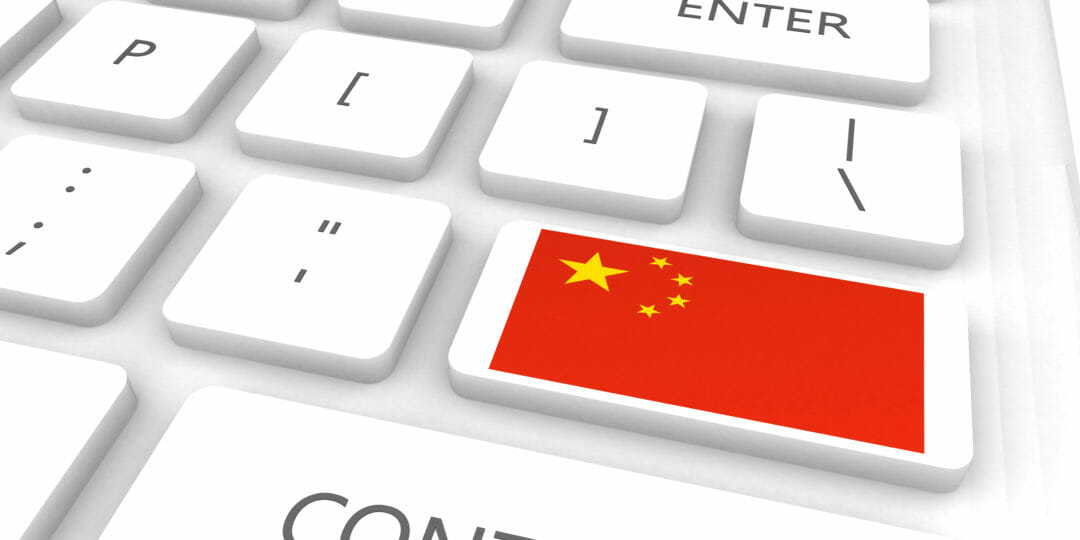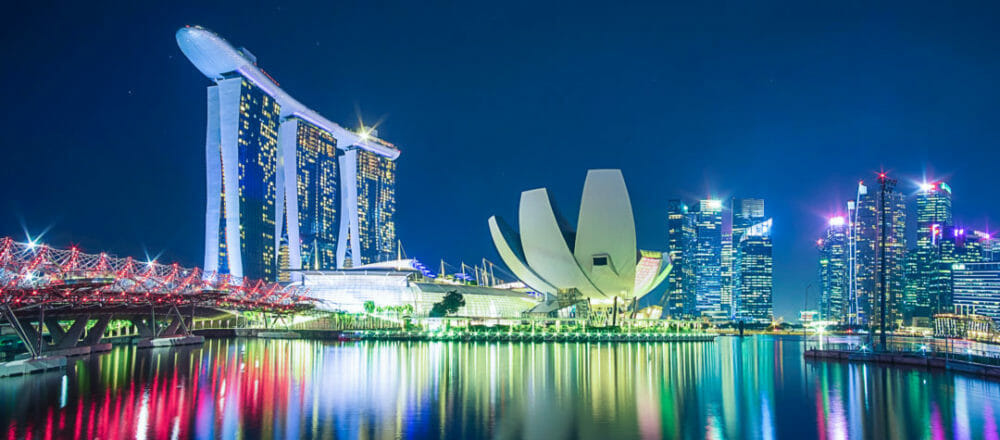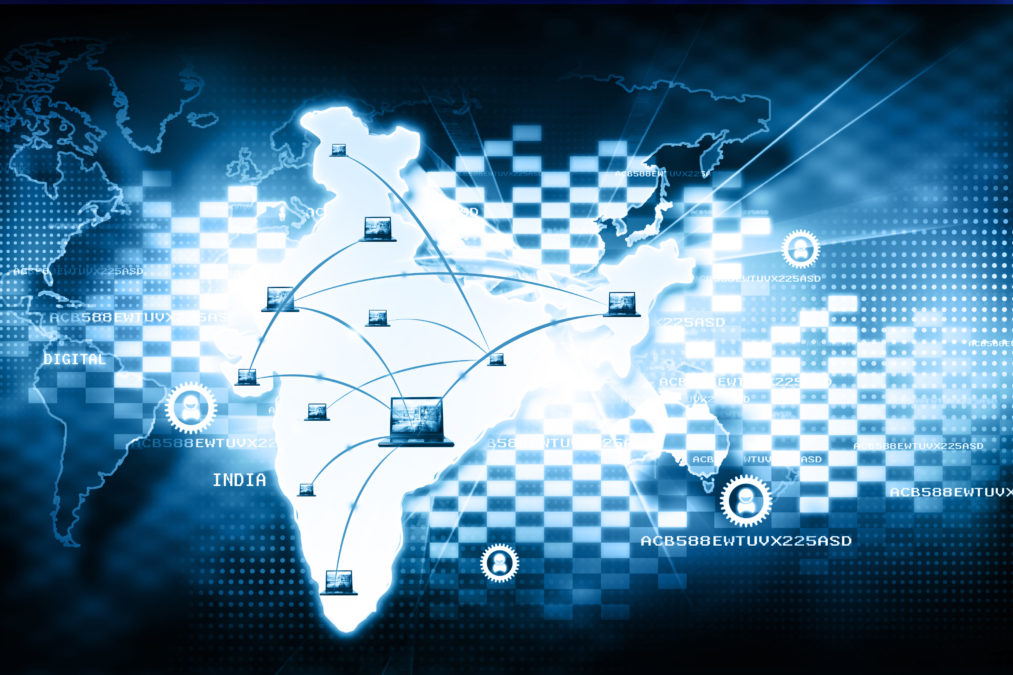According to Rob O’Malley, UK MD of Philippine call centre service-provider
Luckily, then, the country boasts 45 million English speakers – almost half the population of the entire country and half the number of English speakers in India, a country with over ten times the population.
So significant is the call centre industry to the Philippine economy that when
But all is not necessarily well with this call centre paradise. The US State Department advises its citizens not to travel to the region surrounding
Despite the risks, Cyber City has decided to base some of its call centre facilities in the area, in order to combat escalating attrition and wages in the capital
O’Malley argues that understanding and managing political risk is a key part of outsourcing offshore. “Almost all offshore locations are going to pose a greater risk than the






